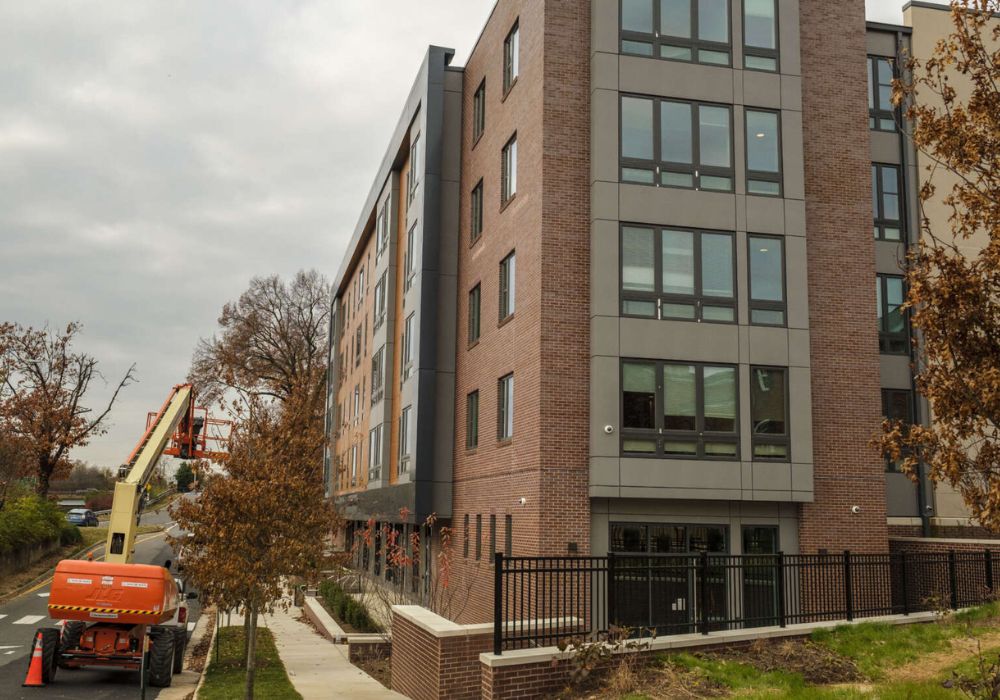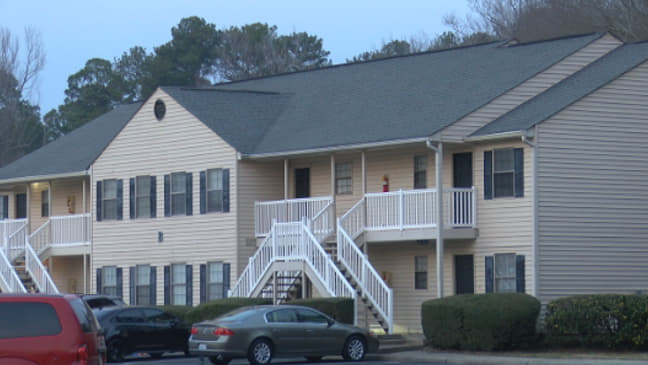Babysitting is a common activity for many tenants, but landlords may have concerns or restrictions regarding this in their rental properties.
In this article, we will explore a tenant's rights around babysitting and considerations for both tenants and landlords on this topic.
Can a Landlord Prevent You from Babysitting?
Generally, no - a landlord cannot prevent a tenant from babysitting. Babysitting is considered a lawful activity for personal use of a rented property. However, landlords do have the right to ensure safety, limit liability, and enforce terms of the rental agreement.
If a lease specifies occupancy limits or noise restrictions, for example, babysitting could be restricted. But landlords cannot prohibit babysitting solely due to personal objections.
What are some lease clauses that could restrict babysitting?
Common lease clauses that may unintentionally impact babysitting include occupancy limits, common area use restrictions, and noise level rules. Occupancy limits specify how many residents can live in a unit, which may limit the number of children that can be babysat.
Common area use policies could restrict using these spaces for babysitting. And noise rules may make active child's play difficult during quiet hours. Tenants should review their entire lease agreement to understand any potential babysitting limitations.
Related: Can A Landlord Evict You For Having Overnight Guests?
When is it legal for a landlord to restrict babysitting?

There are some situations where landlords can legally restrict babysitting. This includes if it would violate local ordinances, like maximum occupancy. It's also allowed if babysitting significantly disturbs neighbors through noise or other complaints.
Landlords may restrict it if health and safety would be jeopardized, such as obstructing emergency exits. Restricting babysitting is lawful when there are tangible impacts on neighbors or the property.
When would a babysitting restriction from a landlord be illegal?
Landlords cannot restrict babysitting in a discriminatory manner or in violation of civil rights laws. Discrimination based on attributes like family status, gender, or religion would be illegal. Restricting a lawful activity like babysitting is also not allowed if it isn't addressed in the original lease agreement - landlords cannot retroactively add new rules without a tenant's consent.
Any restriction must have reasonable justification and not infringe on protected classes under the law.
What options do tenants have if a landlord prohibits babysitting?
Tenants have several options if a landlord unfairly restricts babysitting. First, they should discuss the issue respectfully with the landlord, understand any concerns, and look for a compromise. If that doesn't work, tenants can document all communication in writing in case future legal action is needed.
They may also file a complaint with local housing rights organizations or the department of housing if the restriction seems discriminatory. As a last resort, tenants can consult a real estate lawyer to understand their situation and potential steps.
What are some best practices for landlords around babysitting?
To avoid issues, landlords should clearly outline any applicable rules in the lease and ensure they do not discriminate or infringe on lawful activities. Landlords also need to understand relevant housing laws and ensure they have reasonable cause for any restrictions.
Providing written communication of rule changes is important. Overall, landlords must consider the needs of families and strive for fair, legally-compliant policies in their rental agreements and property management.
Conclusion
In conclusion, while landlords generally cannot prohibit babysitting by tenants, there may be limited circumstances where restrictions are allowed to ensure safety, follow lease terms or prevent disturbances. Tenants should be aware of their right to babysit but also review the lease for any provisions impacting this.





